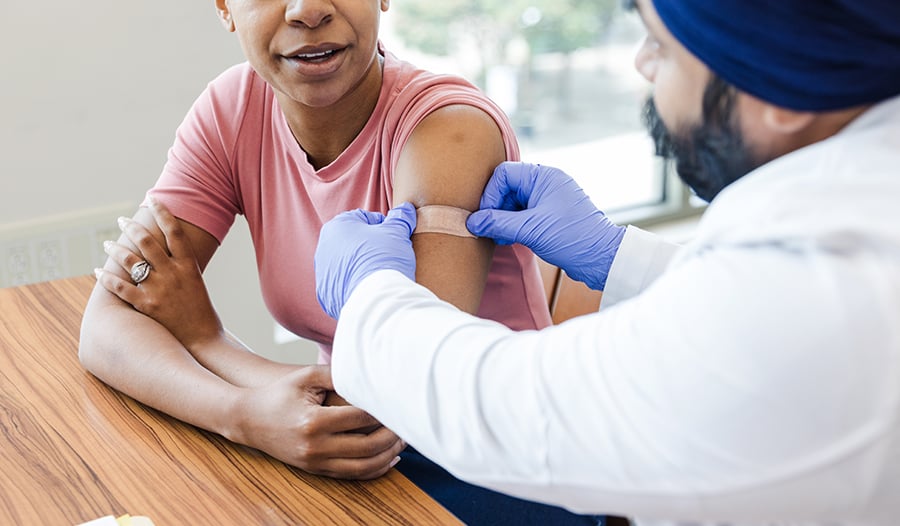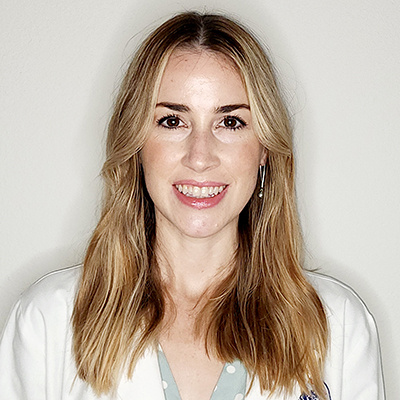Natural Ways To Heal Wounds Faster

When your body is healing from a wound, providing it with the right nutritional support can make a significant difference in recovery time and effectiveness. The complex cellular and biochemical events in wound healing require specific nutrients for the best results, including energy, amino acids, oxygen, metals, trace minerals, and vitamins.3
In this article, we'll explore key supplements, vitamins, and minerals that may support wound healing. Research also indicates that malnutrition is highly prevalent and often overlooked in patients with chronic wounds.2 So, combining supplementation with a nutrient-dense diet is key.
The Foundation: Essential Amino Acids
Two amino acids in particular play crucial roles in wound healing: L-glutamine and L-arginine.
L-glutamine serves as the primary metabolic fuel for rapidly proliferating cells like epithelial cells and fibroblasts.4 It becomes especially important during periods of stress or injury, helping to protect against inflammatory and infectious wound complications.4
L-arginine promotes collagen formation and enhances blood flow to wound sites. It serves as a biological precursor for nitric oxide, which has important wound-healing properties.4 Studies have shown that L-arginine supplementation may be particularly beneficial for patients with low albumin levels or poor limb perfusion.4
Critical Vitamins For Tissue Repair
Vitamin C stands at the forefront of wound-healing nutrients. Research supports that vitamin C supplementation of at least 500mg daily may benefit wound healing, with recommendations of up to 2g daily for severe wounds.4 When choosing a vitamin C supplement, consider forms with enhanced bioavailability, such as liposomal vitamin C or formulations that include bioflavonoids for better absorption.
Vitamin A aids wound healing through the stimulation of fibroblasts and facilitates epithelial cell differentiation.4 Some experts recommend short courses of oral vitamin A supplementation between 10,000 and 25,000 IU daily to enhance wound healing, though larger studies are still needed to confirm optimal dosing.4
Mineral Support For Healing
Zinc plays a crucial role in wound healing through hundreds of zinc-containing enzymes involved in tissue repair, growth, antioxidant capacity, and immune function.4 While zinc supplementation is important for deficient individuals, studies don't support supplementation when zinc levels are normal.4
Natural Enzymes And Specialized Nutrients
Bromelain, a protein-digesting enzyme found in pineapples, can help reduce inflammation and swelling around wound sites. For optimal effects, consider taking bromelain between meals and look for enteric-coated formulations that can survive stomach acid.
Grape seed extract provides powerful antioxidant support and helps enhance collagen stability. When selecting a grape seed extract supplement, opt for standardized extracts that guarantee potency.
Hyaluronic acid supports skin hydration and tissue repair both through oral supplementation and topical application. For oral supplements, low molecular weight forms may offer better absorption.
Healing Botanicals And Anti-Inflammatory Support
Organic turmeric stands out for its potent anti-inflammatory properties. To enhance its bioavailability, look for formulations that include black pepper extract or choose advanced delivery systems like liposomal or phytosome forms.
Chlorella, a nutrient-dense algae, provides unique benefits through its growth factor content and high chlorophyll levels. When selecting chlorella supplements, ensure they use "cracked cell wall" processing to make the nutrients more accessible.
Calendula, available in both internal and external preparations, supports tissue regeneration and provides anti-inflammatory benefits.
The Bottom Line
Supporting wound healing through proper nutrition and supplementation may significantly impact recovery time and effectiveness. Research has shown that amino acids like L-glutamine and L-arginine play fundamental roles in tissue repair, while vitamins C and A serve as crucial aids in the healing process.3,4 The mineral zinc, when properly supplemented in deficient individuals, supports hundreds of enzymatic processes essential for wound recovery.4
While various supplements can support healing, the evidence is strongest for ensuring adequate protein intake and correcting specific nutrient deficiencies. Natural compounds like bromelain, grape seed extract, and healing botanicals may provide additional support through their anti-inflammatory and antioxidant properties.
For optimal results, focus first on meeting basic nutritional needs and addressing any deficiencies under healthcare provider guidance. They can help determine the most appropriate supplements and dosages for your specific situation, taking into account factors such as wound type, underlying health conditions, and current medications.
Remember to speak with your healthcare provider before starting any new supplement regimen. They can help create a personalized plan that best supports your body's natural healing processes.
References:
- Daher GS, Choi KY, Wells JW, Goyal N. A Systematic Review of Oral Nutritional Supplement and Wound Healing. Annals of Otology, Rhinology & Laryngology. 2022;131(12):1358-1368. doi:10.1177/00034894211069437
- Da Porto A, Miranda C, Brosolo G, Zanette G, Michelli A, Ros RD. Nutritional supplementation on wound healing in diabetic foot: What is known and what is new? World J Diabetes. 2022 Nov 15;13(11):940-948. doi: 10.4239/wjd.v13.i11.940. PMID: 36437863; PMCID: PMC9693742.
- Kavalukas, Sandra L. M.P.A.; Barbul, Adrian M.D.. Nutrition and Wound Healing: An Update. Plastic and Reconstructive Surgery 127():p 38S-43S, January 2011. | DOI: 10.1097/PRS.0b013e318201256c
- Shields BE. Diet in Wound Care: Can Nutrition Impact Healing? Cutis. 2021 Dec;108(6):325-328. doi: 10.12788/cutis.0407. PMID: 35167786.
- Trinh XT, Long NV, Van Anh LT, Nga PT, Giang NN, Chien PN, Nam SY, Heo CY. A Comprehensive Review of Natural Compounds for Wound Healing: Targeting Bioactivity Perspective. Int J Mol Sci. 2022 Aug 24;23(17):9573. doi: 10.3390/ijms23179573. PMID: 36076971; PMCID: PMC9455684.
DISCLAIMER:This Wellness Hub does not intend to provide diagnosis...















































































 Table of Contents
Table of Contents














